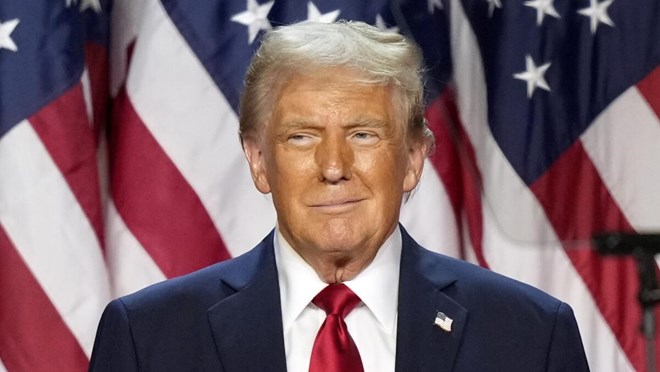United States (KAAB TV) – Late Monday, U.S. President Donald Trump issued an urgent call for the people of Tehran, Iran’s capital, to evacuate immediately. The president did not provide a specific reason for the warning, raising widespread concern and speculation about a looming security crisis.
Speaking briefly to reporters while walking, Trump reiterated his demand that Iran sign a new agreement to relinquish its nuclear ambitions. He blamed the current escalation on Iran’s alleged failure to honor the previous deal.
“I gave Iran 60 days. They refused. You saw what happened on the 61st day,” Trump said. “I hope a deal will be signed—if not, other things will happen. I believe a deal can be reached. Iran made a foolish decision by rejecting the offer.”
In a post shared on social media, Trump reinforced his stance:
“It was in Iran’s best interest to sign the deal. I said: Sign it! This is a matter of life and death, of honor and disgrace. Iran will never acquire nuclear weapons—I’ve said that many times. People should flee Tehran immediately.”
The president’s statements suggest a high level of concern over a potential security threat. His urgent call for civilians to evacuate Tehran, without providing concrete details, has led many to fear an imminent attack—possibly involving direct or indirect U.S. action.
Tensions between the United States and Iran have surged in recent days. Although Trump previously claimed that the U.S. would not enter into war unless American citizens or bases were attacked, his latest remarks suggest a shift toward deeper involvement. The increasing pressure, both political and military, is undeniable.
While Trump stopped short of declaring war, his rhetoric and the unfolding events point to potential U.S. involvement in Israeli military operations against Iran. This involvement may include intelligence sharing, air support, or logistical assistance—further entangling the U.S. in the conflict.
Observers note that Trump’s statement could be based on classified intelligence indicating an imminent threat, or it may be part of a broader strategy to pressure Iran into renegotiating a nuclear deal.
Notably, his remarks came just hours before an Israeli strike reportedly targeted Tehran, raising further suspicion of coordinated efforts between the United States and Israel. The situation in the region appears to be escalating toward a critical and dangerous juncture.


